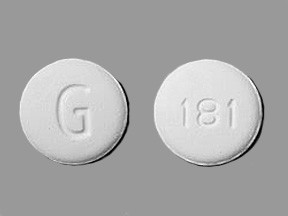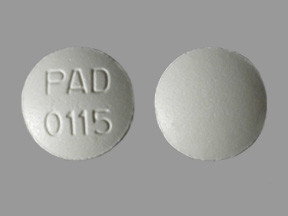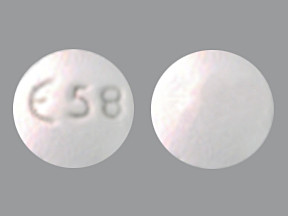FLAVOXATE - ORAL
PHONETIC PRONUNCIATION: (flay-VOX-ate)
COMMON BRAND NAME(S): Urispas
GENERIC NAME(S): flavoxate HCl
Uses
USES: This medication is used to treat certain bladder/urinary tract symptoms. Flavoxate is a smooth-muscle relaxant. It works by relaxing the muscles in the bladder. Flavoxate helps to reduce leaking of urine, feelings of needing to urinate right away, frequent trips to the bathroom, and bladder pain. This medication does not treat the cause of your bladder symptoms (e.g., urinary tract/bladder/prostate infection or inflammation).
How to use FLAVOXATE - ORAL
HOW TO USE: Take this medication by mouth, usually 3-4 times a day or as directed by your doctor. Take with food if stomach upset occurs. The dosage is based on your medical condition and response to therapy. Your doctor may lower your dose after your symptoms have improved. The length of treatment depends on the cause of the problem. Do not increase your dose or take this medication more often without your doctor's approval. Your condition will not improve any faster, and the risk of side effects may be increased. Tell your doctor if your condition persists or worsens.
Side Effects
Precautions
Interactions
Overdose
Images
Reviews
Faq for FLAVOXATE - ORAL
Flavoxate is used to relieve urinary bladder spasms and provide relief from symptoms of urinary tract infections or irritation.
Flavoxate works by relaxing the muscles in the bladder, which helps to reduce bladder spasms and urinary urgency.
The typical adult dosage of Flavoxate is 100-200 mg taken three to four times a day, or as directed by your doctor. It is important to follow your doctor's instructions and the prescribed dosage.
Common side effects of Flavoxate may include dry mouth, blurred vision, drowsiness, dizziness, constipation, or upset stomach. If you experience any severe or persistent side effects, contact your doctor.
Flavoxate should be used during pregnancy and breastfeeding only if clearly needed. It is important to consult with your doctor before taking Flavoxate in these situations.
Flavoxate may interact with certain medications such as anticholinergic drugs or antihistamines. Inform your doctor about all the medications you are currently taking to avoid potential interactions.
The onset of Flavoxate's action varies from person to person. Typically, it may start working within a few hours, providing relief from urinary bladder spasms.
Flavoxate is primarily used to treat urinary bladder spasms and associated symptoms. It is not recommended for use in other conditions unless prescribed by a doctor.
It is generally advisable to avoid alcohol while taking Flavoxate as it may increase the risk of certain side effects such as dizziness or drowsiness.
Disclaimer
IMPORTANT: HOW TO USE THIS INFORMATION: This is a summary and does NOT have all possible information about this product. This information does not assure that this product is safe, effective, or appropriate for you. This information is not individual medical advice and does not substitute for the advice of your health care professional. Always ask your health care professional for complete information about this product and your specific health needs.




No Reviews Yet